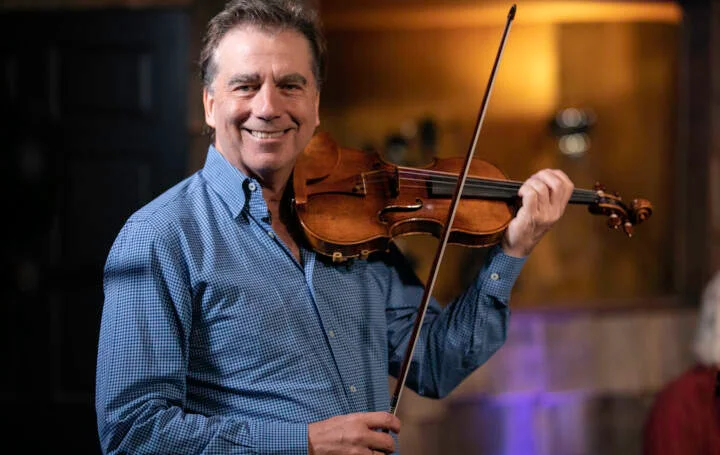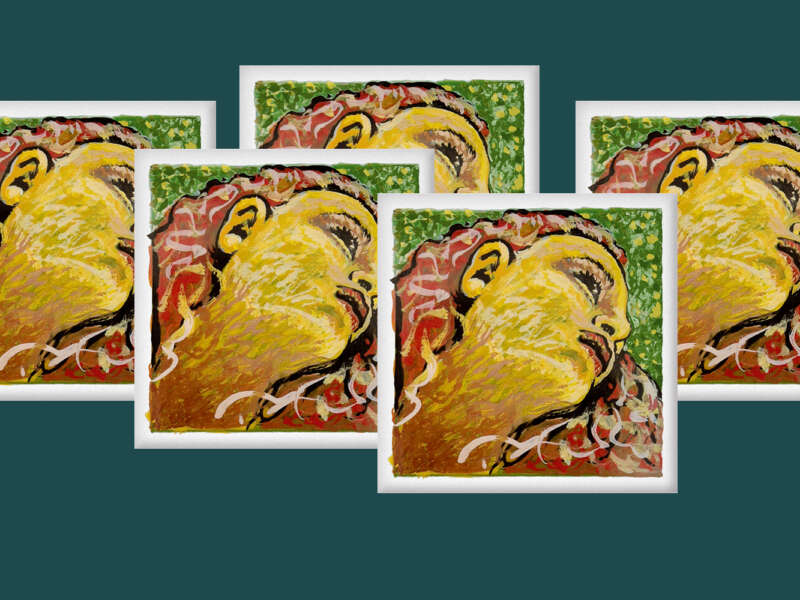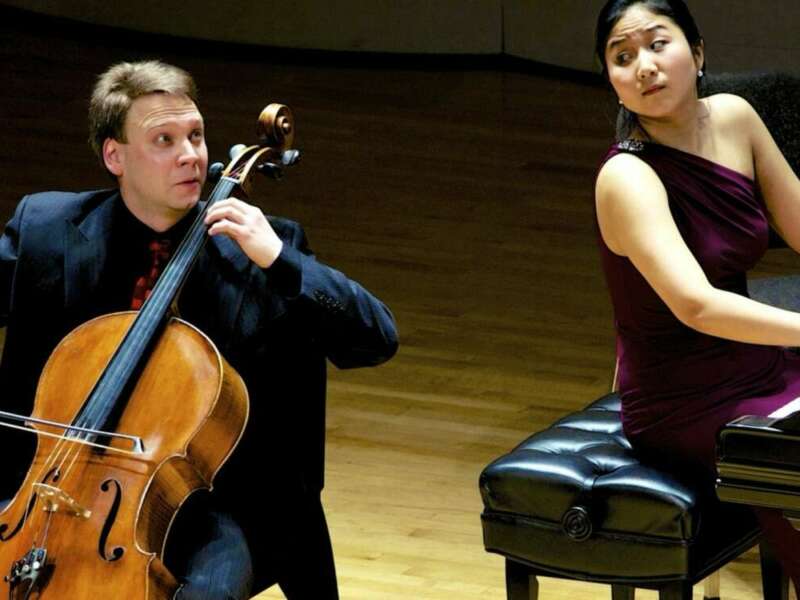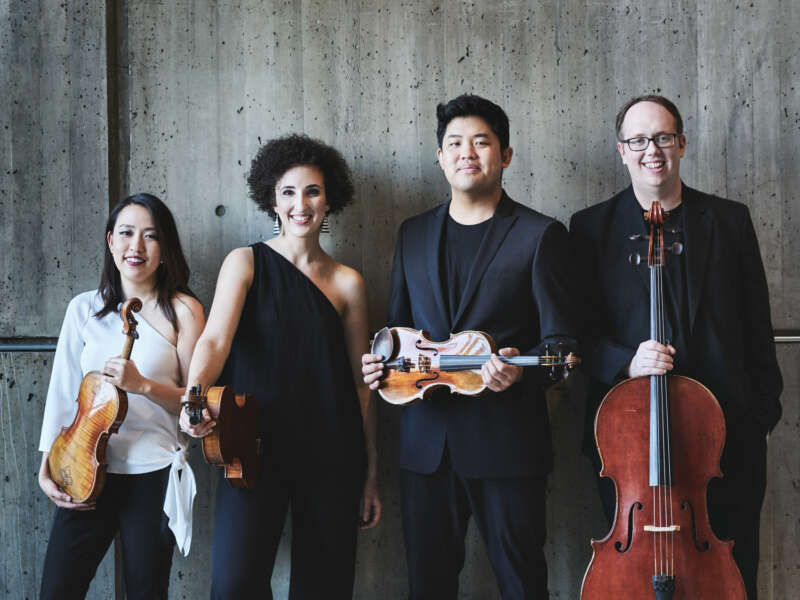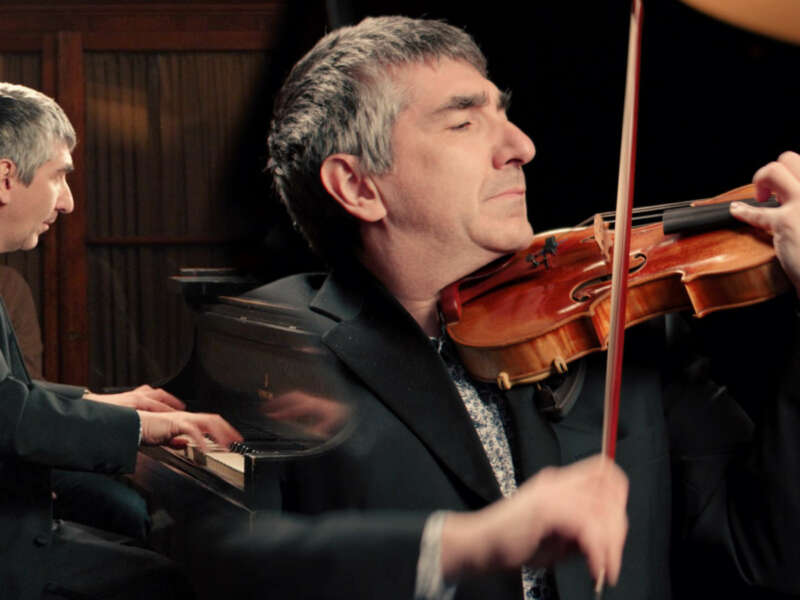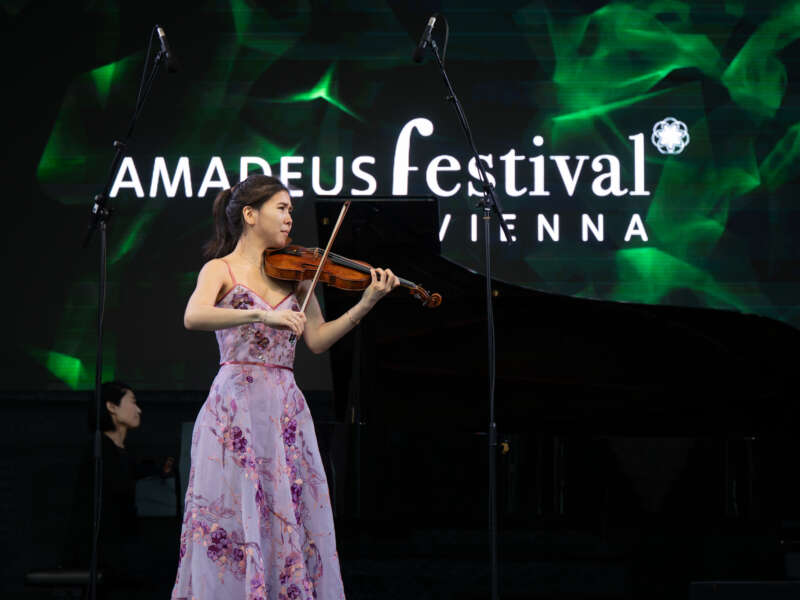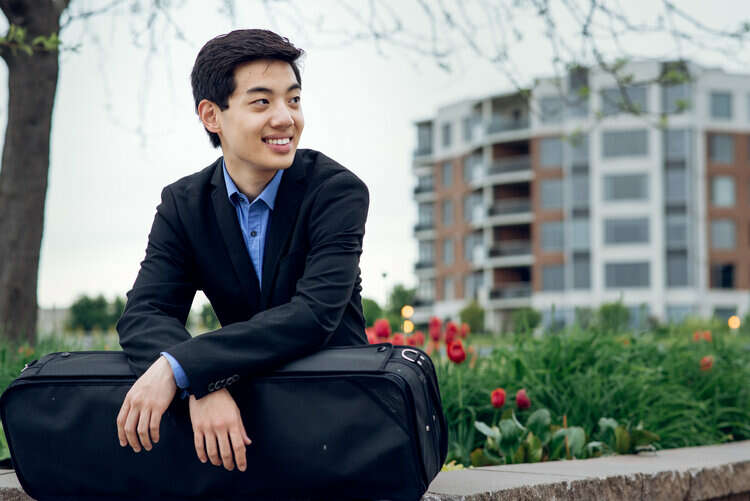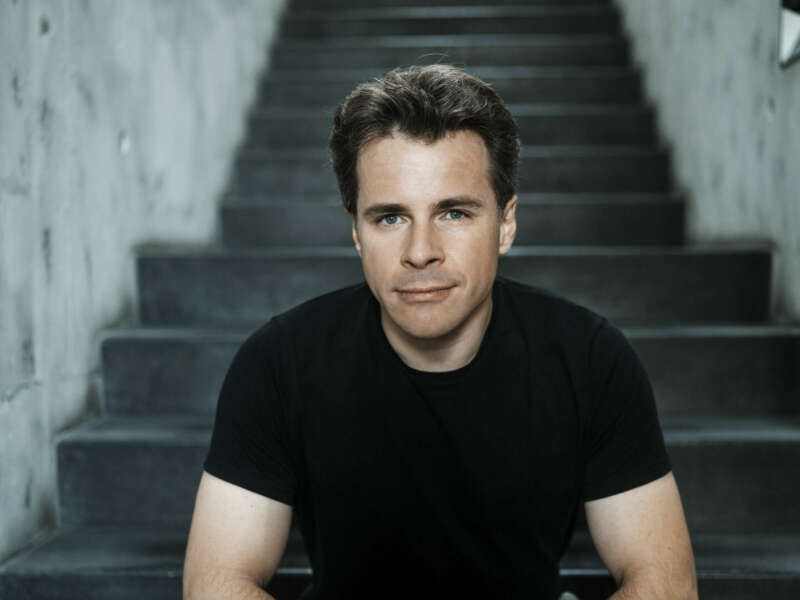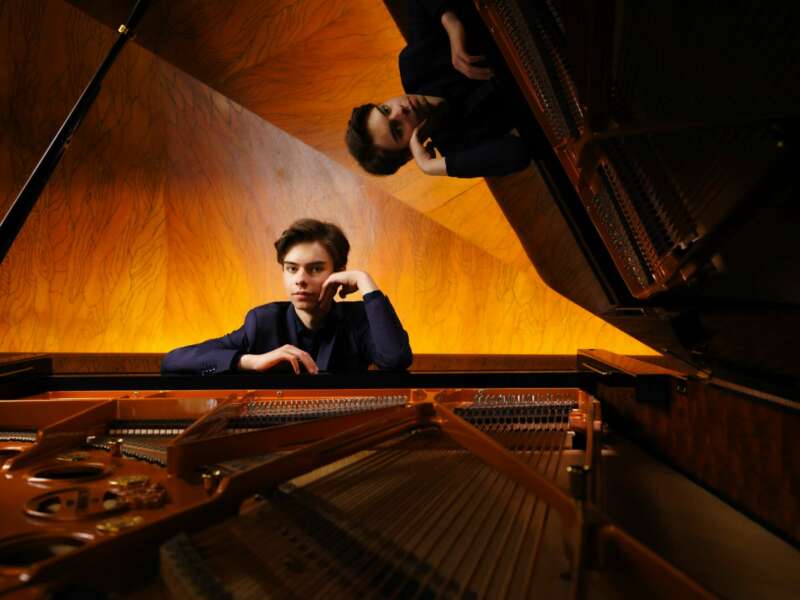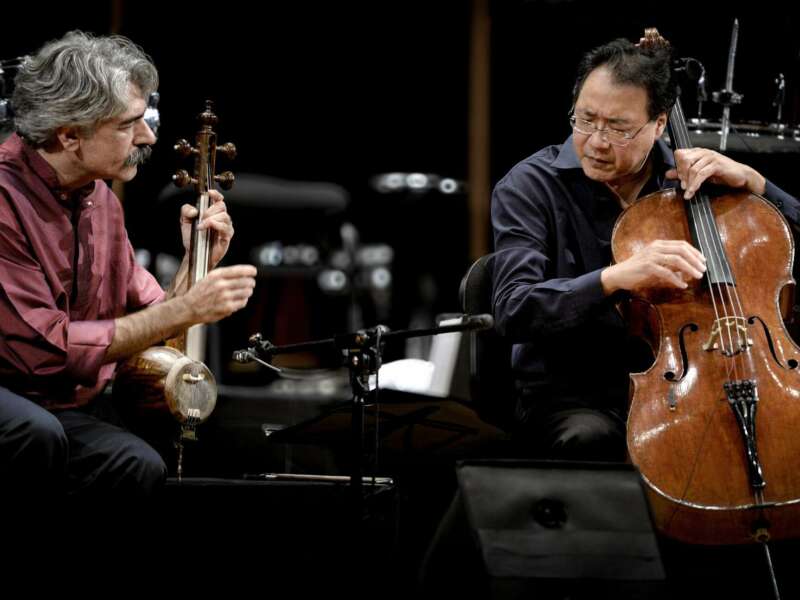Robert McDuffie on Developing Today's Versatile Musician
Robert founded the McDuffie Center for Strings in Macon, Georgia, which is now accepting applications
Founded as a special institute within Mercer University’s School of Music, the McDuffie Center for Strings is open to Undergraduate and Artist Diploma students. While enrollment is limited to 27 students, a preferred deadline for applications is December 1, 2024. All accepted students receive a full-tuition University scholarship.
We caught up with violinist Robert McDuffie, founder of the school, to learn more!
When was the McDuffie Center for Strings founded and what was your original vision for it?
I started thinking about it in 2004 and it gained traction in 2007. The idea came from the former president of Mercer University, who came to New York and had lunch with me. I'm from Macon, where Mercer is a significant university in the South consisting of 12 schools and colleges. I think the president wanted to tap into my love for my hometown and for music — and basically asked if I could come and help put Mercer on the musical map.
It was only when I realized that there was a possibility to bring someone like Amy Schwartz Moretti into the family that we could "go big" with it. To have her as our director, someone of her character and artistry, was a major step towards realizing my dream. I wanted to bring some of America's most significant artists to teach at McDuffie. We now have 12 distinguished artists who believe in what we're doing. They don't need to teach here, as they have their own careers, but they've bought into the mission and this intimate way of teaching music.
Could you tell us a little bit about your personal background and your journey as a musician?
I was born and raised in Macon, Georgia, and had a happy childhood. My mother is a fantastic pianist and is still the grand dame of music in Macon. A former organist and choir director at Macon's First Presbyterian Church, she still teaches at 93. She had me playing the piano at three and taught me to improvise and pick out tunes.
I then studied violin for ten years with a Hungarian violinist, Henrik Schwarzenberger. He had studied at the Liszt Academy in Budapest and served as the concertmaster of the Indonesian Radio Symphony. When he came to the States, the only job he could find was teaching in the public schools in Macon, and my mother had me study with him privately. It was just fantastic training. He set me up beautifully and taught me how to play like a gypsy. My parents eventually thought it would be good for me to check out The Juilliard School's Pre-college when I was 16. So I moved up there and did two years of pre-college at Julliard, and then continued there for my college studies.
Can you tell us about McDuffie's faculty? How did you go about choosing the faculty members?
It started slowly, believe me. It started with only two violin students, but gradually we grew and I think the second year we had five, the third year, we had eight, and so on.
Both Amy Schwartz Moretti and I tapped into our own relationships with some of the greatest musicians in America. I grew up with David Kim, now concertmaster of the Philadelphia Orchestra, for example. He was raised in South Carolina, and he and I both studied with Dorothy DeLay. Lawrence Dutton of the Emerson Quartet was my first friend in New York when I was 16 and has grown into a lifelong friend.
Because it's a comprehensive conservatory for strings, we wanted soloists, chamber musicians, and major orchestral players. We have violinists David Kim along with Amy and myself, violists Rebecca Albers and Victoria Chiang, cellists Hans Jørgen Jensen and Brannon Cho, and double bassists Daniel Tosky and Jeff Turner. Our chamber music coaches include Lawrence Dutton and Annie Fullard.
Amy and I worked together in building the faculty and we wanted an environment where every time a student turns around, one of us is on campus. It's not just the primary lessons – they have access to all of us and all they need to do is get on our schedules.
How many students do you have?
The cap is 27. We usually have 12 violins, 6 violas, 6 cellos, and 2 to 3 bassists.
We're proud of all our students. They're continuing on to Juilliard, Yale, and Curtis, and several are doing very well professionally. We have a student in the Berlin Philharmonic, we have an assistant principal second in the San Francisco Symphony. We have two with the Houston Symphony, and other alumni performing in orchestras around the world.
Our alumni have won first prizes in international competitions. They’ve gone on to join or form chamber groups such as collectif9, the Ivalas Quartet, Invoke, and Delirium Musicum. And one of our alumni, Sihao He, is the new cellist of the Shanghai Quartet.
What was the impetus for making sure that your students receive a more well-rounded degree?
This is my opinion, but there are too many conservatories and schools of music that cannot guarantee success. It's a different world these days, and in my humble opinion, the larger schools are not addressing what it really takes to be successful. They seem to pay lip service to some entrepreneurship classes here and there. Since we're connected to a very fine university I felt that we had to expand the curriculum in order to prepare our students for success in the real world where they can determine how their music is played and heard and not have to depend on external forces. I want them to take ownership of the institutions that they serve or work in.
With this in mind, our students are required to take accounting, marketing, professional branding, contract law, and entrepreneurship. I actually teach the entrepreneurship class. The capstone final exam of my class is for each student to go to a local business person in town and ask for money to fund a passion project. We work throughout the entire semester on getting them ready to do that.
I'm not just a violinist. I founded the McDuffie Center and the Rome Chamber Music Festival in Italy, and you learn quickly that they both have to be funded. I've realized that even though I'm not a professionally trained development person, I think people respond to an honest and sincere message. If a lover of music, a donor, or a philanthropist truly loves their community and wants beauty in their community, especially music, they would much rather hear about the initiative from the musicians themselves rather than some development employee with a Harvard MBA. The students in my entrepreneurship class ask for up to $500 for anything from travel to a summer festival, an instrument repair, or money towards a bow. What we concentrate on is how they talk about themselves, present their dilemma, and go from there.
So that's really the message I want to get across to our students — be yourself but be informed when you make your pitch. Our graduates will be a step ahead because of this curriculum. So that's why we think our school is relevant.
How important was it for you to make it a tuition-free program?
Well, that was essential. It was rocky at first, obviously, we didn't have money, students, and leverage. But as we've grown, we've become the crown jewel of the university according to our president! The university has invested a lot and they believe in us. Everybody can dream and we're all just very gratified and feel validated that our dream became a reality.
For a small program, what opportunities do students have to perform in large ensembles?
We've created a hybrid symphony that rivals any school of music orchestra in the country. We have four concerts a year, with our 27 students on stage and we'll add between five and ten alumni to fill it out. Our winds, brass, and percussion are the principal players of the Atlanta Symphony. It's not an official partnership with the ASO, but many of its players have become mentors. Before the dress rehearsal, they'll meet with our students, have mock auditions, and run through chamber music.
What are you looking for in a student that auditions? What qualities stand out?
Well, there is a certain level of playing. You only need about 12 minutes to really know. Many are pre-screened, so we already have an idea, but I strongly believe in face-to-face auditions.
We require them to come to Macon and you can see right off the bat if they have the facility, intonation, sound production, etc. We know when something special comes through, and sometimes you really can't even articulate what it is, but it's something unique.
We don't compete with anyone. Our students and their families understand we're playing the long game. We're not myopic.
What's your main goal for the students upon graduation? What would you say is the one thing you want to instill in them?
There are still lessons that Miss DeLay taught me that are still resonating with me at the age of 66. Anecdotally, I have a former student who auditioned for a major position in an American orchestra. She'd already graduated and she called me and said "I'm nervous, I have imposter syndrome. I don't even know why I'm even doing this." She was a hard worker at McDuffie and invested a lot of time in her work. She not only showed up at every studio class, but she also went to other studio classes of other disciplines. And I said, "You know what? I'm not worried about you. I'm not worried about you one bit because all you need to do is trust your work." She got the gig.
The fact that they have such a comprehensive, intimate musical and academic experience is what I think they all seem to be grateful for later when they look back at their time at McDuffie. Our testimonials from successful students mention the fact that we were all in it together. They never felt left out.
I also think a perfect role model for a hybrid career is Amy Schwartz Moretti. She's a great artist, she's in the quartet with James Ehnes, she plays concertos, she's been a guest concertmaster for major symphony orchestras, she teaches, and she runs a school. She's the definition of the 21st-century hybrid musician.
july 2025
august 2025


